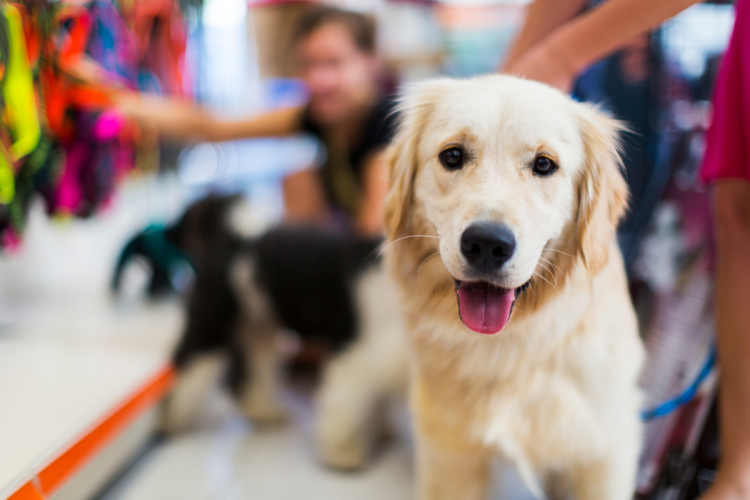From tougher penalties to new protections, SA’s biggest animal welfare law overhaul in years is here. And trust us – it’s nothing to sniff at.
It’s the state’s biggest shake-up of animal welfare laws in 16 years. We take a look at what’s changing and why.
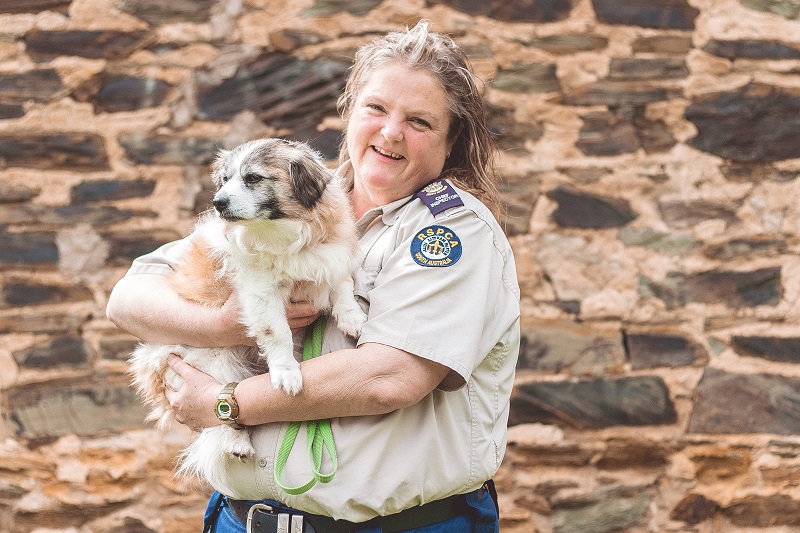
The low-down on SA’s new animal welfare laws
Until now, SA’s animal welfare legislation hadn’t been updated since 2008 – a year of flip phones and the original Twilight movie. It was well overdue for change.
Following extensive community feedback and consultation, a major update has recently passed through state parliament, promising a big leap forward for animal protection.
Andrea Lewis, RSPCA SA’s Head of Animal Welfare, was consulted and provided valuable input during the development of the new Animal Welfare Act 2025.
“This has been a once-in-a-generation opportunity to make real headway in the animal welfare space to help animals have a better life,” she says.
“We’ve been lagging behind for quite a long time, but now with modernising the language and adding preventative powers, these reforms bring us into line with modern expectations.”

Who’s making the rules – and who’s enforcing them?
South Australia’s animal welfare laws are set by the state government, but it’s RSPCA SA that enforces them.
Tasked with investigating cruelty under the Animal Welfare Act, the charity handles around 4,500 reports a year – despite having just eight inspectors covering the entire state.
That number is set to rise, thanks to $16.4 million in new government funding over four years as part of changes to the Act.
“With that extra funding, we will be able to respond faster, investigate further, and educate the community to prevent harm before it happens,” says Andrea. “More inspectors will mean reduced workloads for each inspector and quicker response times.”
Tough new penalties to send a clear message
The biggest game-changer? SA will soon have some of the toughest penalties in the country:
- Up to $250,000 or 10 years’ jail for intentional harm causing death or serious harm to an animal (up from $50,000 and 4 years)
- Businesses can face up to a $1 million fine (the highest in the nation)
- Expiation fines increasing from $210 to over $1,000
Lisien Loan, Director of Conservation and Wildlife at the Department for Environment and Water, (DEW) says these hefty fines reflect community values.
“South Australians have little tolerance for animal cruelty, and they want strong deterrents,” she says.

Animals aren’t just ‘property’ anymore
One of the most significant shifts in the legislation is how animals are viewed under the law – moving away from treating them as mere possessions.
“It’s about putting animals at the centre and treating them less like things,” Lisien says. “Previously, society very much treated animals as objects that people owned. We’ve tried to make changes throughout the act that recognise animals as independent living beings.”
This means the law now acknowledges what most pet owners already know, animals can experience feelings – like pain and fear – and have a right to protection from it.
Anyone who’s seen their pup tremble in a storm or explode with joy when their human comes home knows their emotions are real. Now the law does too, giving RSPCA inspectors stronger ground to stand on when advocating for animals’ wellbeing.
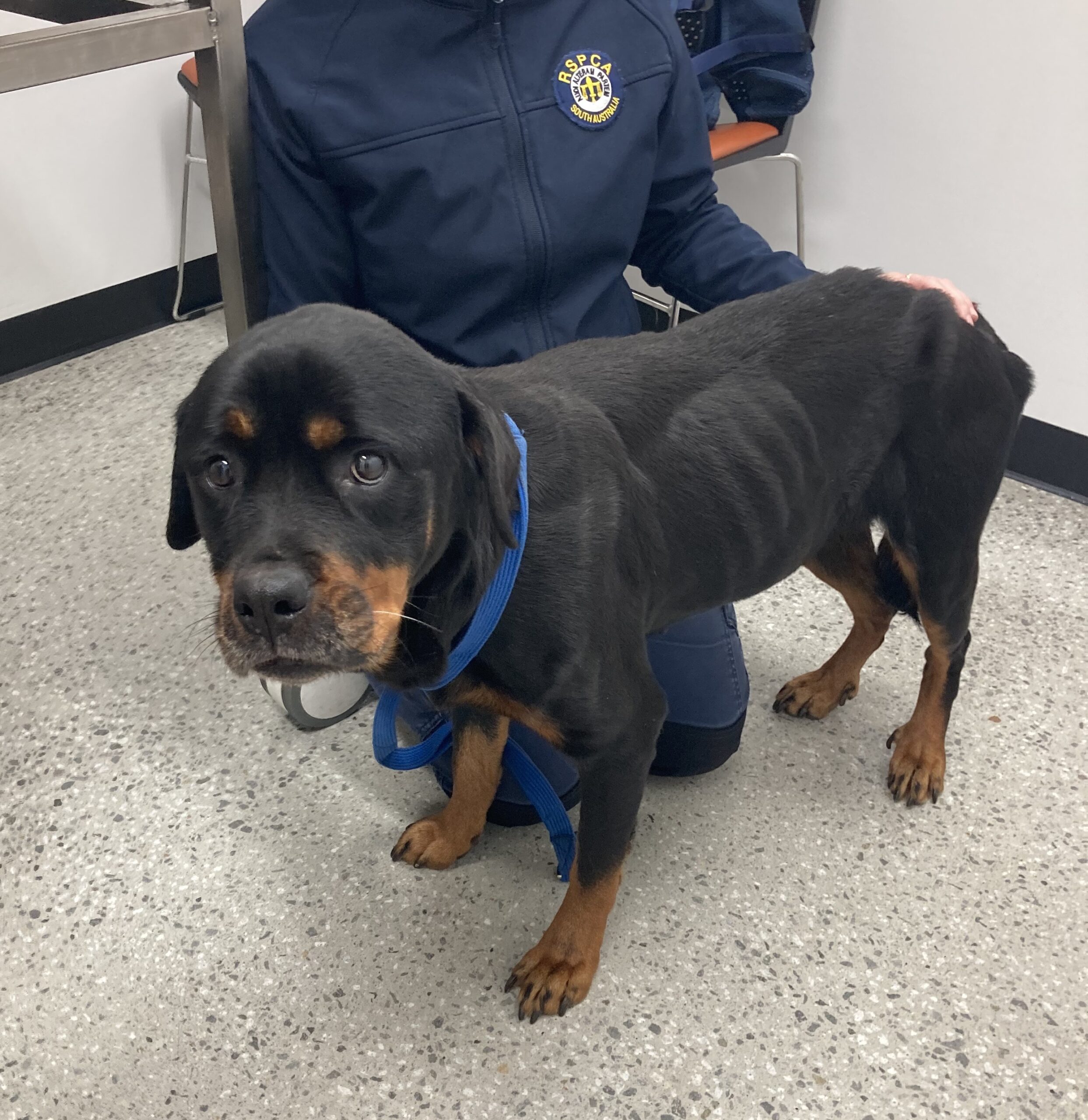
A new duty of care: What it means for pet owners
The reforms introduce a proactive ‘duty of care’, legally requiring animal owners to provide basic necessities including adequate food, water, and appropriate living conditions.
“Under the current Act, we often have to wait until an animal has suffered before taking action,” says Andrea. “When the new laws take effect, they include an expectation that pet owners must meet basic welfare needs. It’s about prevention, not just response.”
For responsible pet owners already doing the right thing, nothing will change. But for animals that previously fell through the cracks, this new approach could be life-saving.
Stepping in before it’s too late
Previously, RSPCA inspectors found it difficult to take early action. The new laws will allow them to intervene earlier.
“We had cases where pets were repeatedly left in dangerously hot cars,” Andrea says. “Under the current laws, we can’t step in to remove the animal unless it has already suffered harm. With the new laws, we will be able to act before it gets to that point and hold owners legally accountable.”
But enforcement isn’t always straightforward. Some cases stem from neglect, financial hardship or mental health struggles – where owners may not even realise the harm they’re causing. Others involve horrific cruelty.
“Sometimes, it’s ignorance rather than intent,” Andrea says. “But when an animal is at risk, we have to act – regardless of the reason.”
Then there are the cases inspectors never get used to.
“Deliberate cruelty is rare, but it still shocks me to the core,” Andrea says. “I’ve been here 20 years, and I still don’t understand how someone could do some of the things they do to animals.”
For inspectors, witnessing suffering day after day takes its toll. But knowing they can now step in before harm occurs makes the job just a little easier.
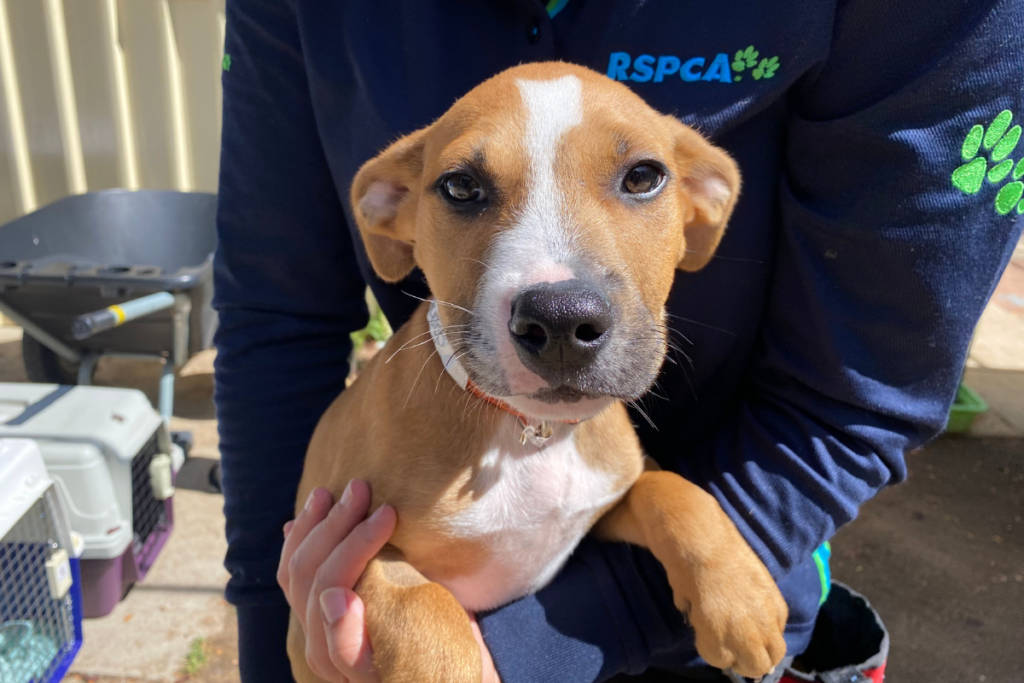
Closing the loopholes that let offenders cross borders
Previously, a person banned from owning animals interstate could move to SA and start fresh – no questions asked.
Andrea recalls a troubling case where a convicted puppy farmer from Victoria simply crossed the border and set up in SA.
“Not long after they arrived, we got reports and ended up seizing animals and laying charges under our state laws,” she says.
New laws close this loophole by recognising prohibition orders from other states, stopping repeat offenders from escaping consequences.
The greyhound racing industry is now under the microscope
One sector receiving more attention under the new laws is greyhound racing, with mandatory reporting now required for cruelty witnessed by anyone in the industry – trainers, kennel workers, or volunteers.
“Mandatory reporting is crucial because it increases the transparency of the industry,” Andrea says. “If people don’t report incidents they witness, they can actually be found guilty of a criminal offence.”
This may come as a surprise to many younger South Australians who aren’t even aware greyhound racing is still happening in their state.
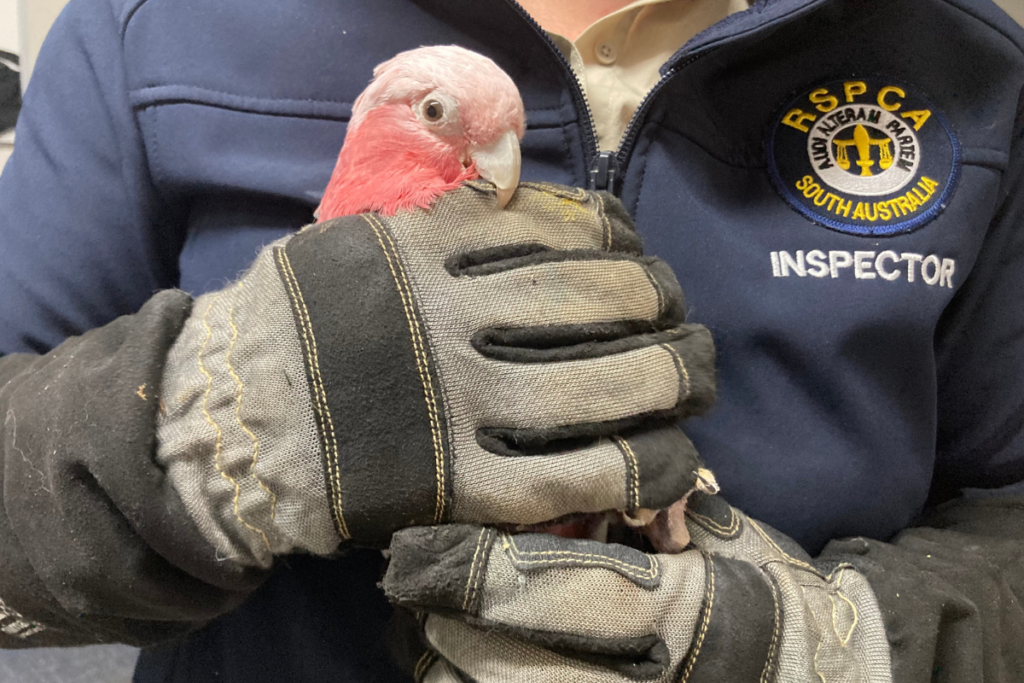
Even fish are now protected
Another significant shift is the inclusion of fish under animal protection laws, addressing cruel practices like shark fin harvesting and stingray tail cutting.
“This brings us into line with most other jurisdictions,” Lisien says. “It’s part of recognising that fish aren’t just reacting to stimuli in their environment – they are able to think, make decisions, feel and suffer.”
These changes won’t affect responsible commercial and recreational fishers who follow the rules. The laws include exemptions for standard fishing practices and are targeted at closing loopholes that previously allowed extreme acts of cruelty.
Stronger oversight for animals in research
New laws will also tighten licensing and oversight for animals used in scientific research. Anyone breeding, supplying, or using animals for research must now hold a specific licence, except for those bred for agriculture.
Lisien sees this as a crucial step for animal welfare. “The reforms bring much stronger oversight,” she says. “They hold both researchers and suppliers accountable, ensuring animal welfare is prioritised.”
How you can help
Want to do more for animals? Here are some ways to get involved:
- Foster animals needing homes through RSPCA’s foster care program
- Volunteer with RSPCA in dog/cat care areas, rescue teams, or op shops
- Report suspected cruelty to the RSPCA
- Subscribe to the RSPCA Action Newsletter to stay informed about animal welfare initiatives
- Spread awareness about responsible pet ownership in your community.
“Our volunteers are the backbone of what we do,” Andrea says. “Their dedication makes an enormous difference every day.”
Check out the official summary of the reforms to the Animal Welfare Act or head over to RSPCA South Australia to see how you can lend a paw.


